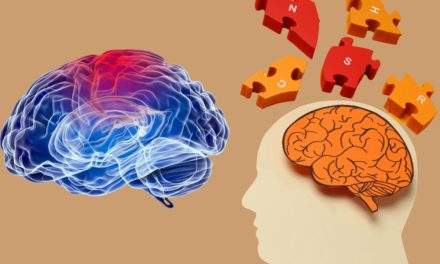Introduction
Chorea, a neurological disorder characterized by involuntary, rapid, and unpredictable movements, can profoundly impact an individual’s physical and emotional well-being. This condition arises from disruptions in the brain’s control over movement, leading to a range of symptoms that can significantly affect daily life. In this article, we will delve into the complexities of chorea, shedding light on its causes, manifestations, effects on individuals, and the evolving landscape of treatment options. By fostering awareness and understanding, we aim to provide valuable insights into chorea and empower individuals to seek proper diagnosis, management, and support for a better quality of life.
Deciphering Chorea
Chorea is a neurological disorder characterized by involuntary and irregular movements that flow seamlessly from one body part to another.
Types and Causes of Chorea
Chorea can be classified into various types, including:
- Huntington’s chorea
- Sydenham’s chorea
- Drug-induced chorea
Senile chorea
The causes of chorea are multifaceted and may involve:
- Genetic factors
- Neurological conditions
- Infections (e.g., rheumatic fever)
- Medication side effects
- Metabolic disorders
Unmasking the Symptoms
Chorea is marked by a constellation of symptoms, including:
- Involuntary jerking or writhing movements
- Impaired coordination and balance
- Muscle weakness
- Difficulty with fine motor tasks
- Emotional and cognitive changes
Effects on Individuals
Chorea can significantly impact an individual’s physical capabilities, daily activities, and emotional well-being.
Treatment Approaches: Navigating the Options
- Medications: Depending on the underlying cause, medications can help manage symptoms and slow disease progression.
- Physical Therapy: Targeted exercises and therapies can enhance muscle control, coordination, and overall function.
- Deep Brain Stimulation (DBS): In select cases, DBS involves implanting electrodes in the brain to modulate abnormal movement signals.
- Lifestyle Modifications: Adapting daily routines and minimizing triggers can help manage symptoms.
Psychological and Emotional Support
Chorea can lead to emotional distress. Seeking counseling or support groups can provide valuable tools for mental resilience.
Research and Advancements
Ongoing research and medical advancements continue to shape our understanding of chorea and potential treatment breakthroughs.
Promoting Awareness and Advocacy
Creating awareness about chorea helps reduce stigma, encourage early intervention, and foster support networks.
Conclusion
Chorea is a complex neurological disorder that requires tailored care and holistic support. By comprehending its origins, acknowledging its effects, and embracing a multidimensional approach to treatment, individuals can navigate the challenges of chorea with strength and determination. Through medical interventions, physical therapy, emotional support, and ongoing research, individuals can strive for improved well-being and regain a sense of control over their lives. Let us stand together, raise awareness, and champion the cause for improved diagnosis, treatment, and quality of life for those affected by chorea.










